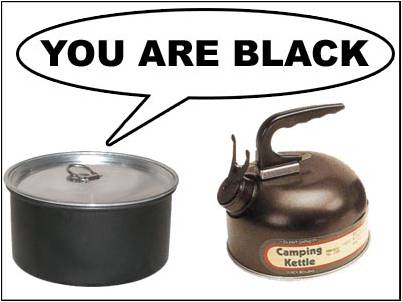Actually I don't know what "tonally textured" means! I know what the words mean of course but I'm not sure what the quality you are trying to express actually is. One of my other interests is fine wine and I go to a lot of wine tastings and people use all sorts of words to describe what they are tasting, you may remember Jilly Goolden on tv waxing lyrical, but it is often difficult to know what they mean. (I'm a bit naughty so if it's a tutored tasting and the tutor says "What can you taste?" I have been known to say something like "I'm getting wet washing on a summer afternoon". Amazing how many people agree with me. :rofl: ) I'm also into photography and people rave on about "bokeh", which is the term for the out of focus blurring you get behind the subject when you use a shallow depth of field, and describe it with all types of subjective terms that are hard to quantify. I struggle with that too.
I guess I'm just an old-fashioned objectiveist. (I made the word up!)
Chris
I guess I'm just an old-fashioned objectiveist. (I made the word up!)
Chris


